Now that I am engaged with literary translations (from Japanese to English), I read slower, fewer, but (ostensibly) better. Thinking in a different language is always going to be difficult, but also rewarding. Would you fancy it yourself? Why not?
The Odour of Childhood
Once again, another year comes to an end. It is slipping by silently, despite all the cacophonies that reverberated throughout. I can hardly recall any particular instances or events with distinct feelings. This tells me that the world has become distant and intangible in some way. In solitude, in the

Kappa GPT
Japanese writer, Ryūnosuke Akutagawa, envisioned the world wherein thoughtful reflections and their aesthetic expressions, artistic or otherwise, ceased to exist. In the world of creature, Kappa, all one needs to publish a book is mysterious black powder and a machine: this apparatus processes the powder to produce countless volumes of
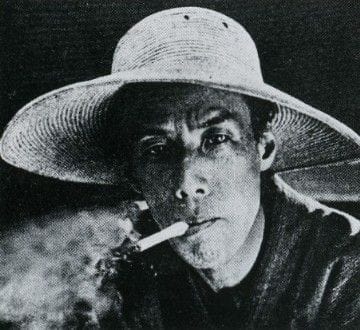
Minor Literature
Whilst I think the most of my readers have known already, perhaps I should be clear about the circumstances wherein I operate: I am a ‘minor writer’, the notion first coined by Deleuze-Guattari in their thesis: Kafka: Toward A Minor Literature. I am a Japanese expatriate who has been living
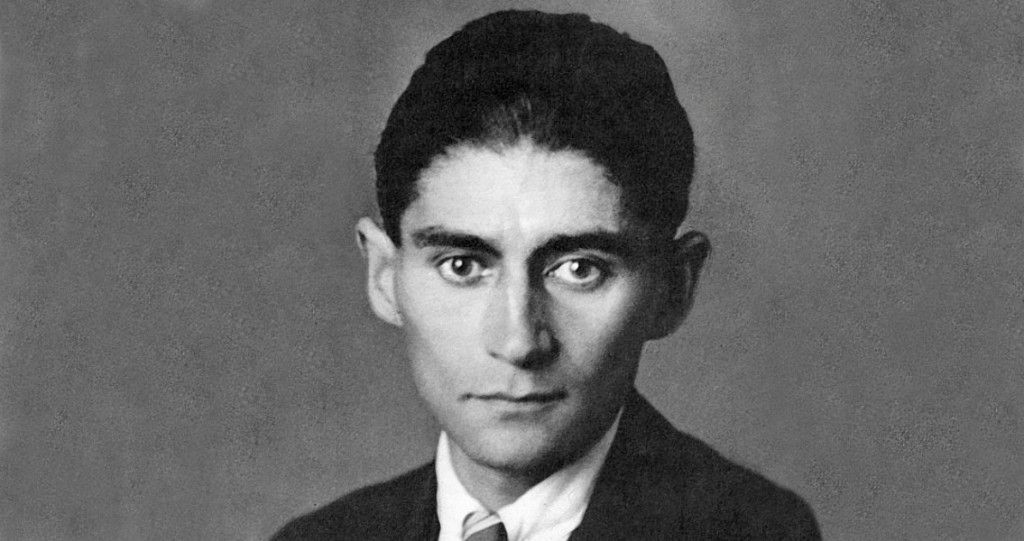
The Trouble With The Absolute: Donna Tartt’s The Secret History
L’homme n’est ni ange ni bête, et le malheur veut que qui veut faire l’ange fait la bête. (Pascal, Pansée, c.1654-1662 Penseés, pt.6, no.358.) Preamble According to Friedrich Nietzsche, the prominent Persian thinker Zarathustra supposedly declared empathically in a typical mannerism of a Übermensch:

Literary Vexation
What makes a literary work great? This vexing question was once again raised in an article published by Vanity Fair when Donna Tartt’s third novel, The Gold Finch, was published in 2013. As someone who once was an editor for an old publishing house in Tokyo, reading this article
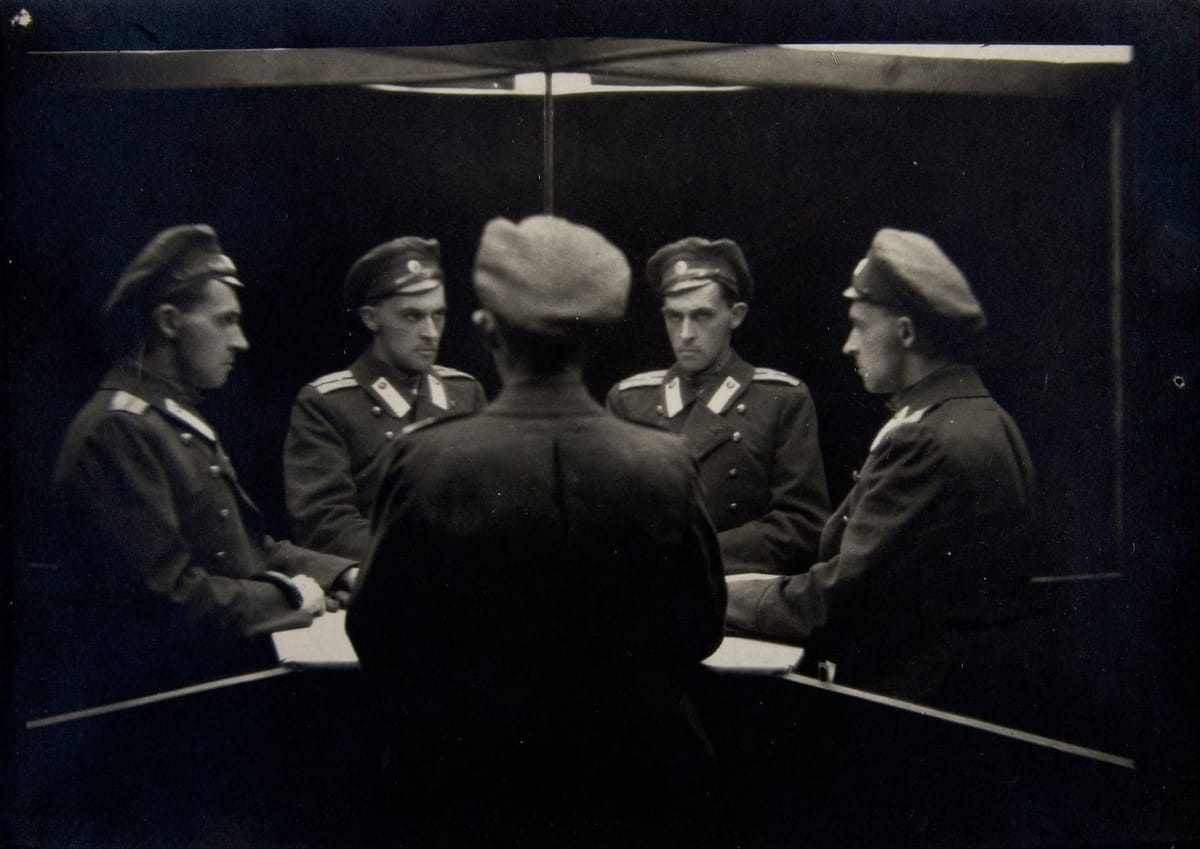
Another Year, Another Project
Another year has passed. The year 2023 began promising for a steady stream of writing, both creative and critical, throughout the year. Whilst the creative one had seen some measurable progress, critical writing ceased after the publication of my first, and what was going to be the only, article for
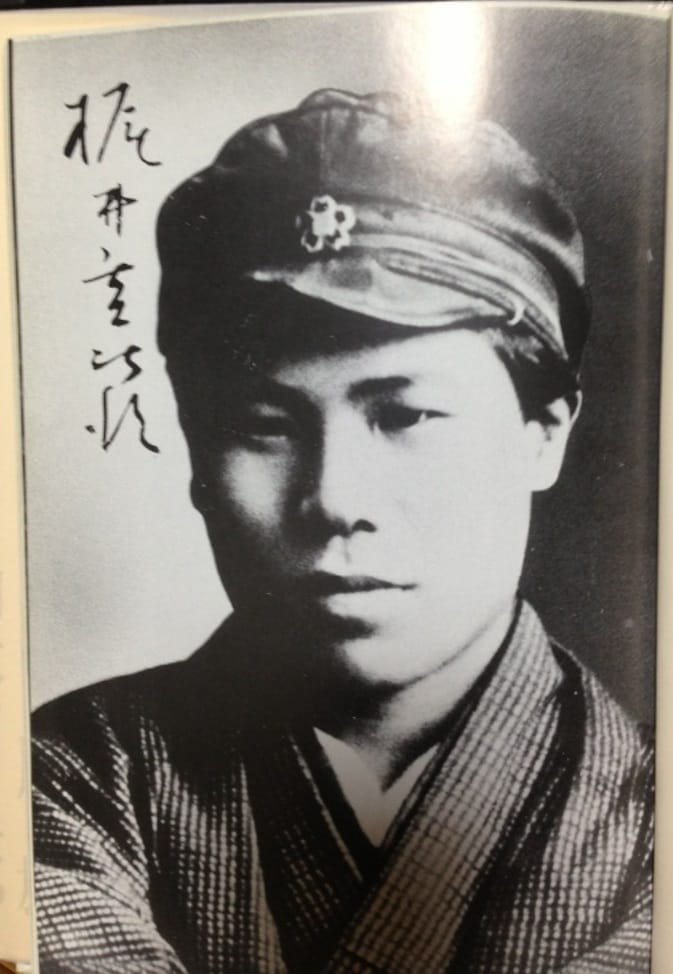
Days and Rays: Translating Kajii’s Stories
In the previous article, I have shared my profound respect for a little internationally known Japanese writer, Motojirō Kajii (1901-1932). Although he is recognised as one of the best prose writers in Japan, as far as I know, despite a few translations here and there, the body of his works
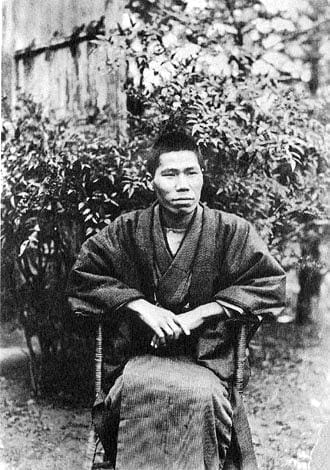
Japan and Modernity
The Root of Ambivalence This is the first article of a series, Akutagawa, which is a subcategory of Japan and Modernity. This series focuses on the life and the work of a Japanese author, Ryūnosuke Akutagawa. Akutagawa is still considered the first champion of modern Japanese literature and a representative

Copenhagen (Part I)
Introduction Whilst my recent writing has been focused on critical analysis of cinematic art, in this article, I shall make an exception and engage with Michael Freyn’s play, Copenhagen. Like all my other writings, this article is about many things, yet I wish to keep it within a self-imposed


